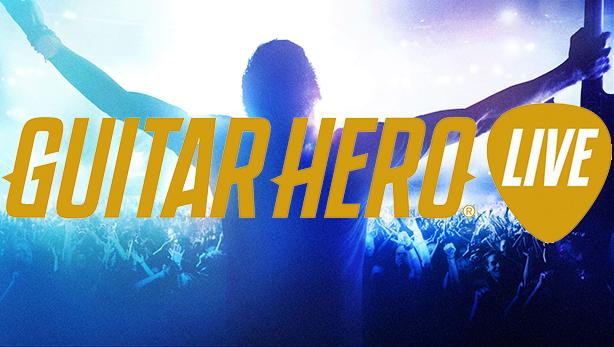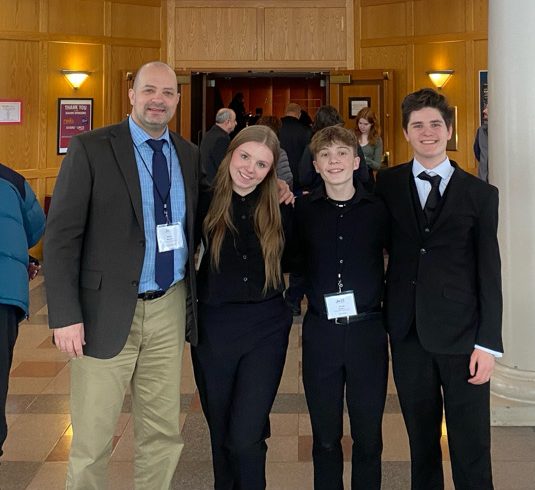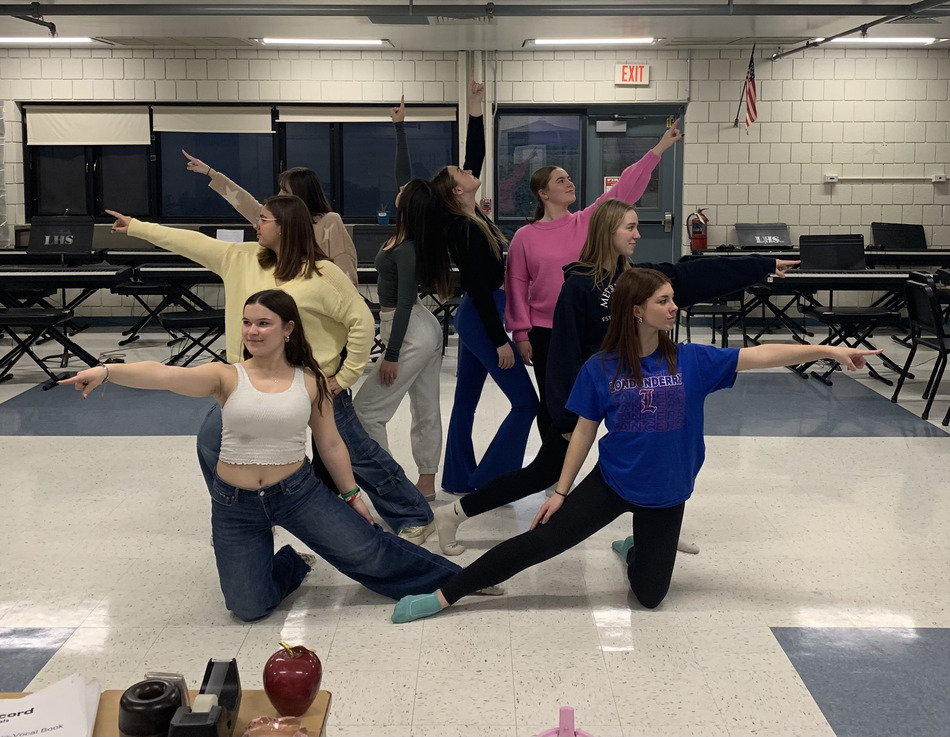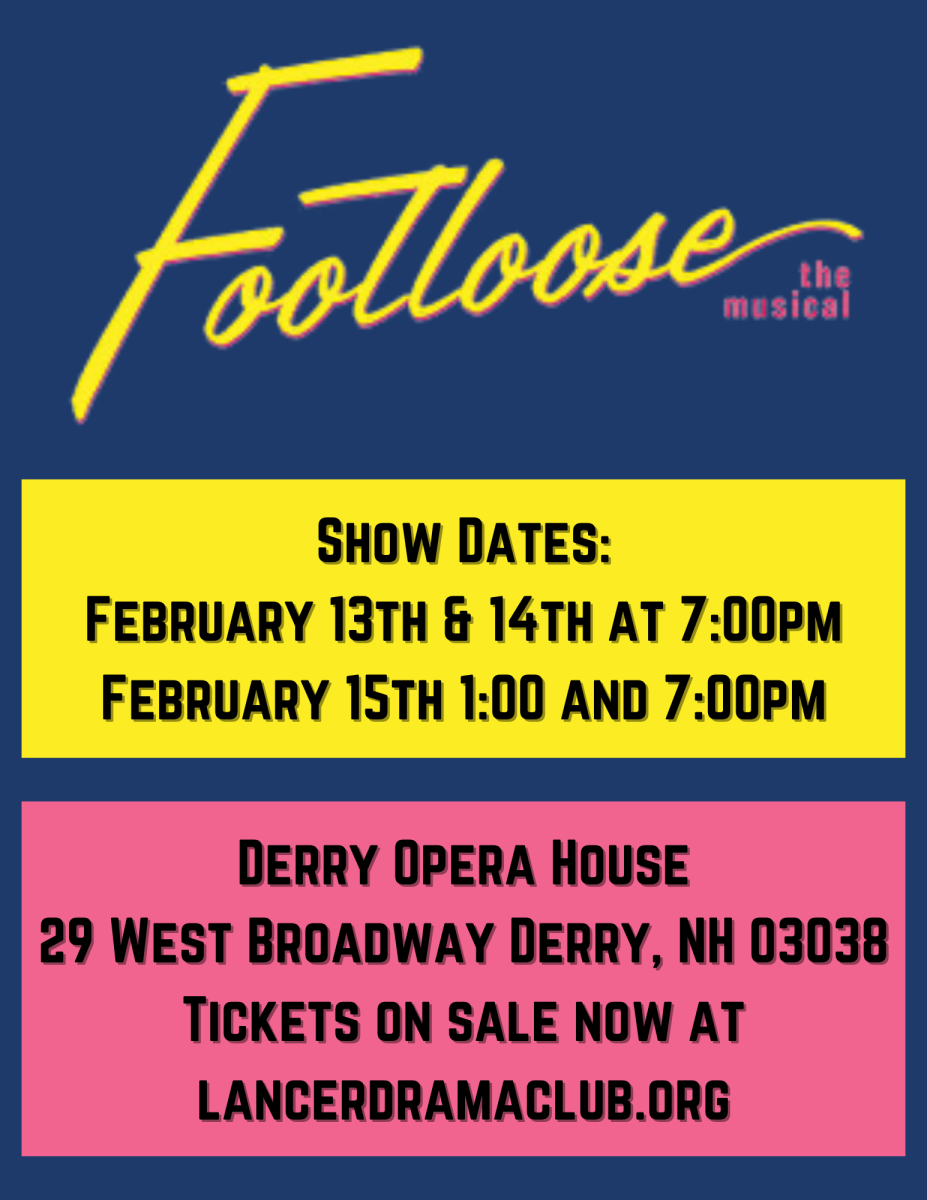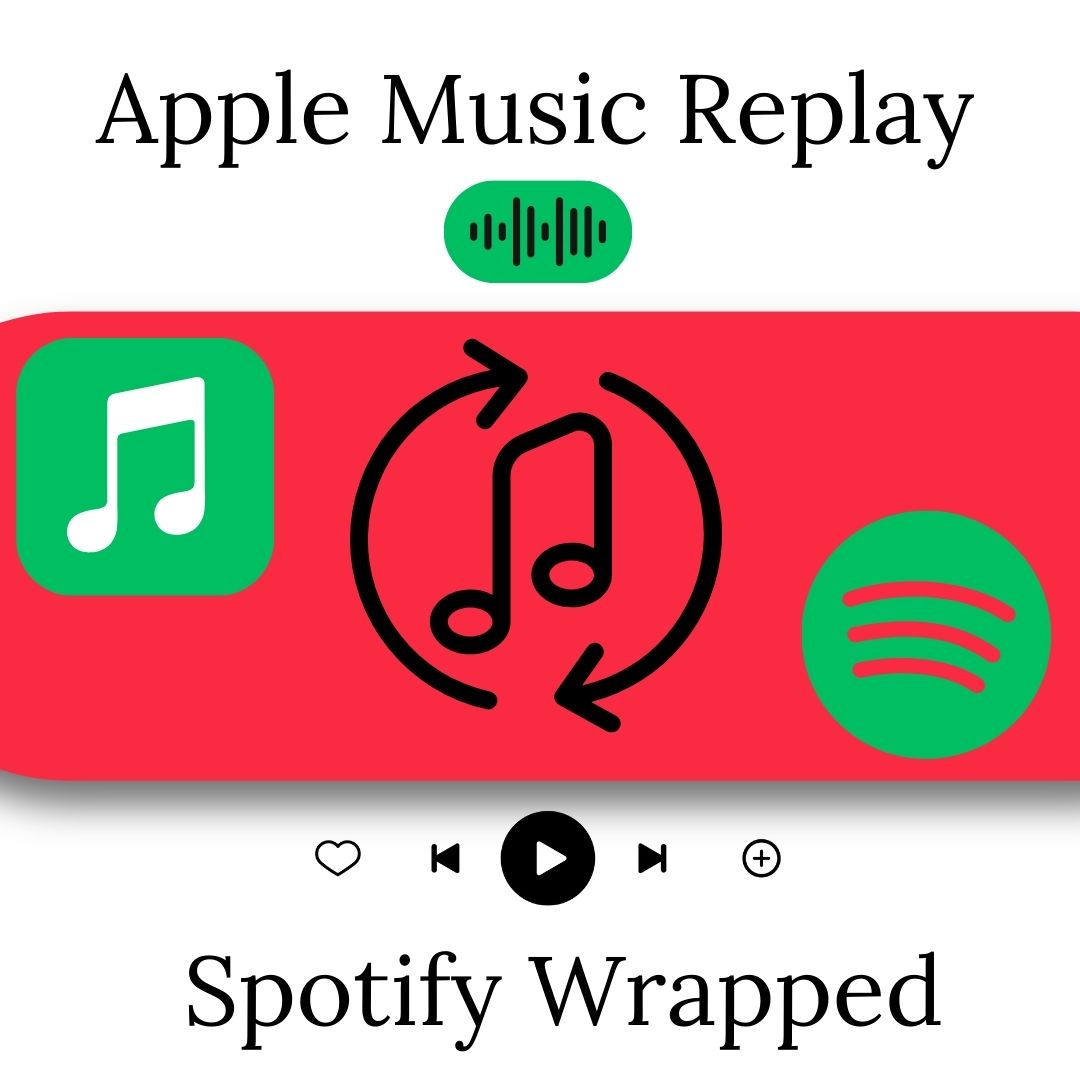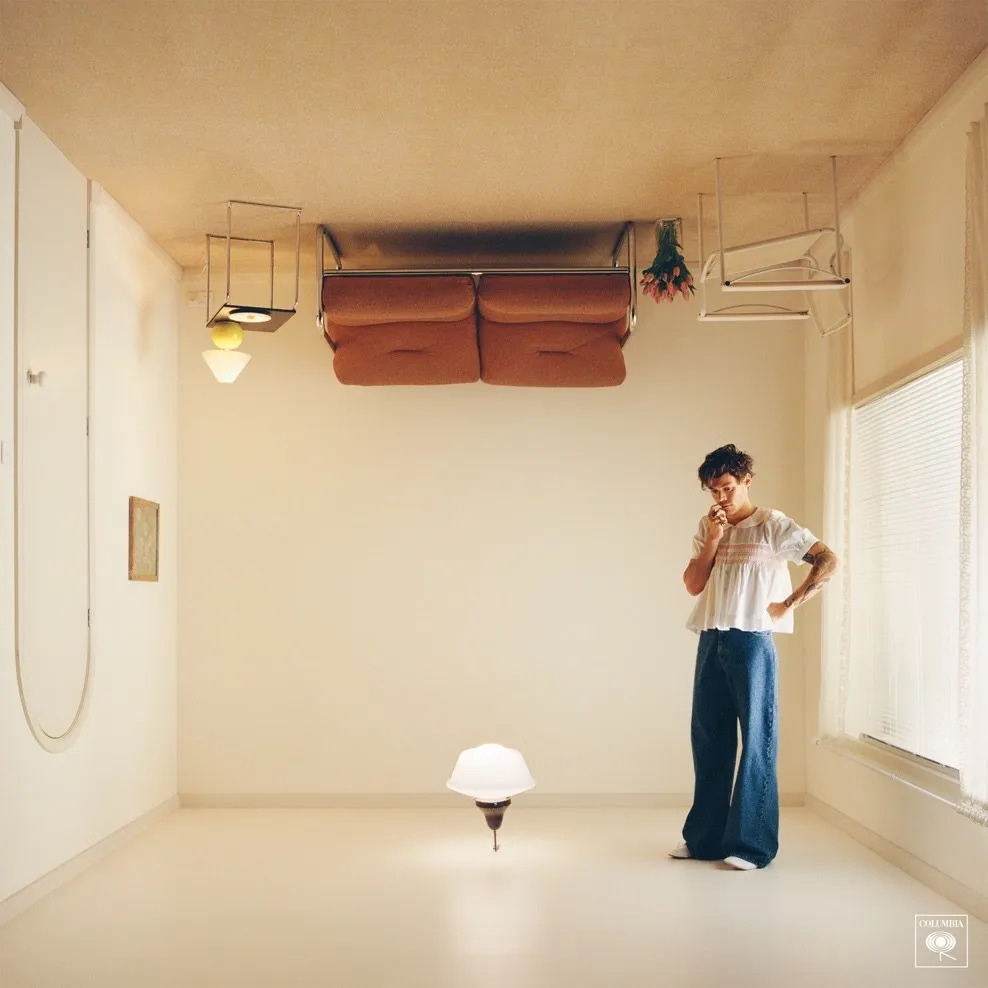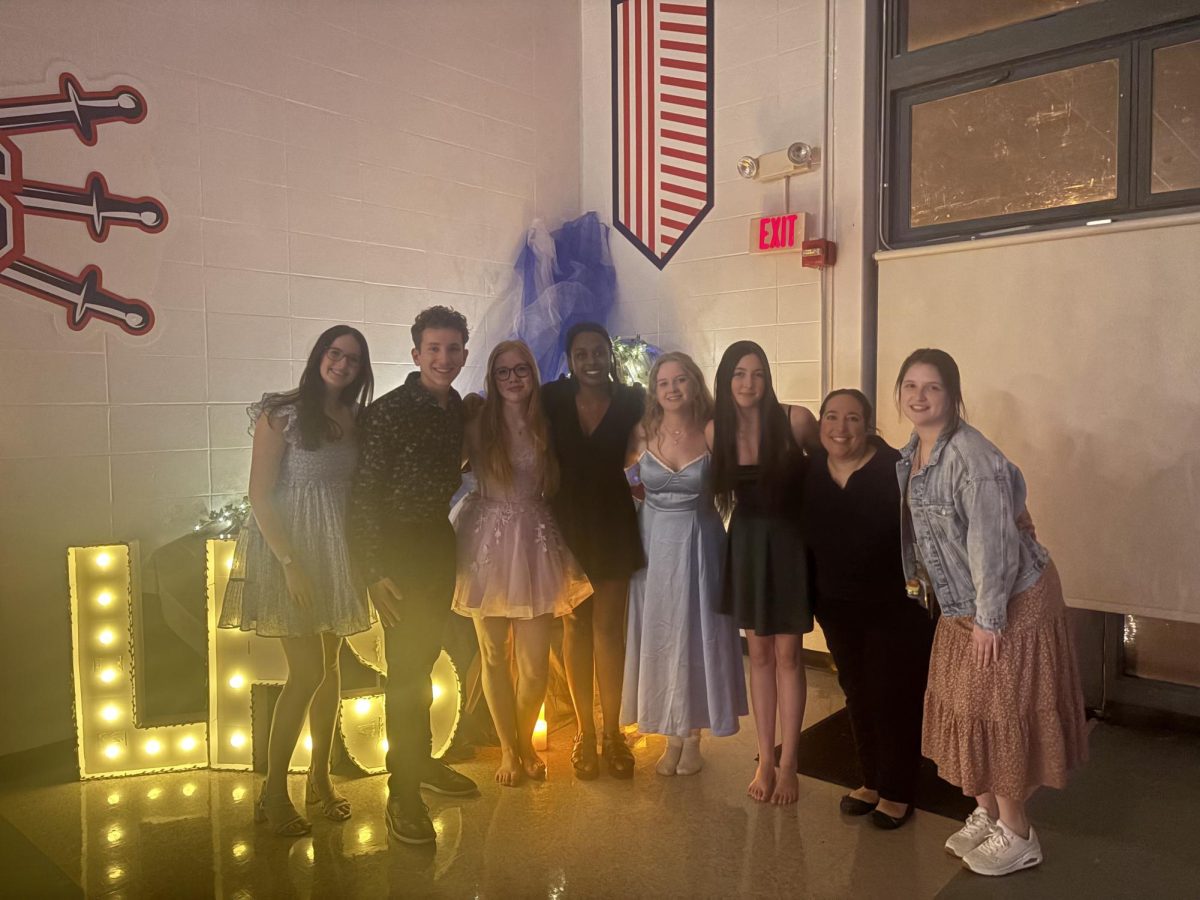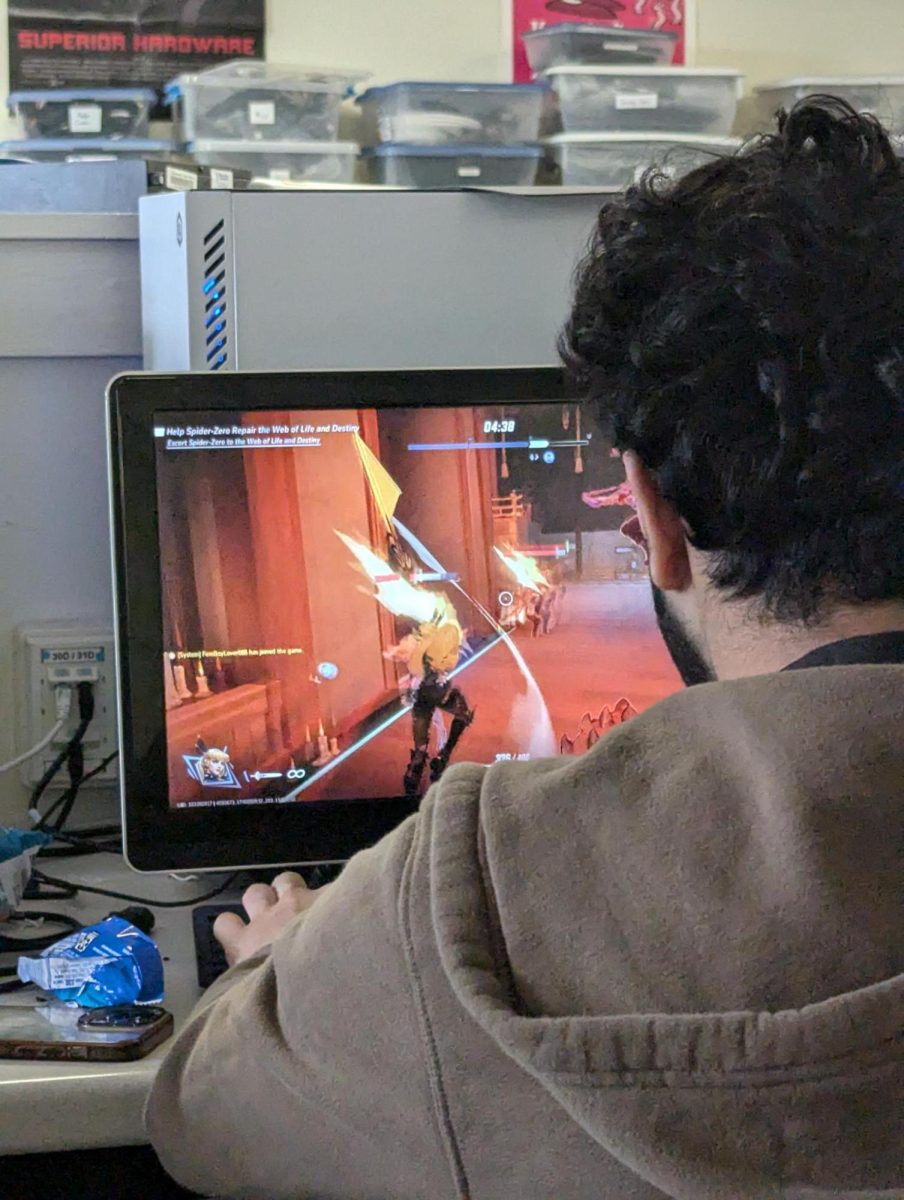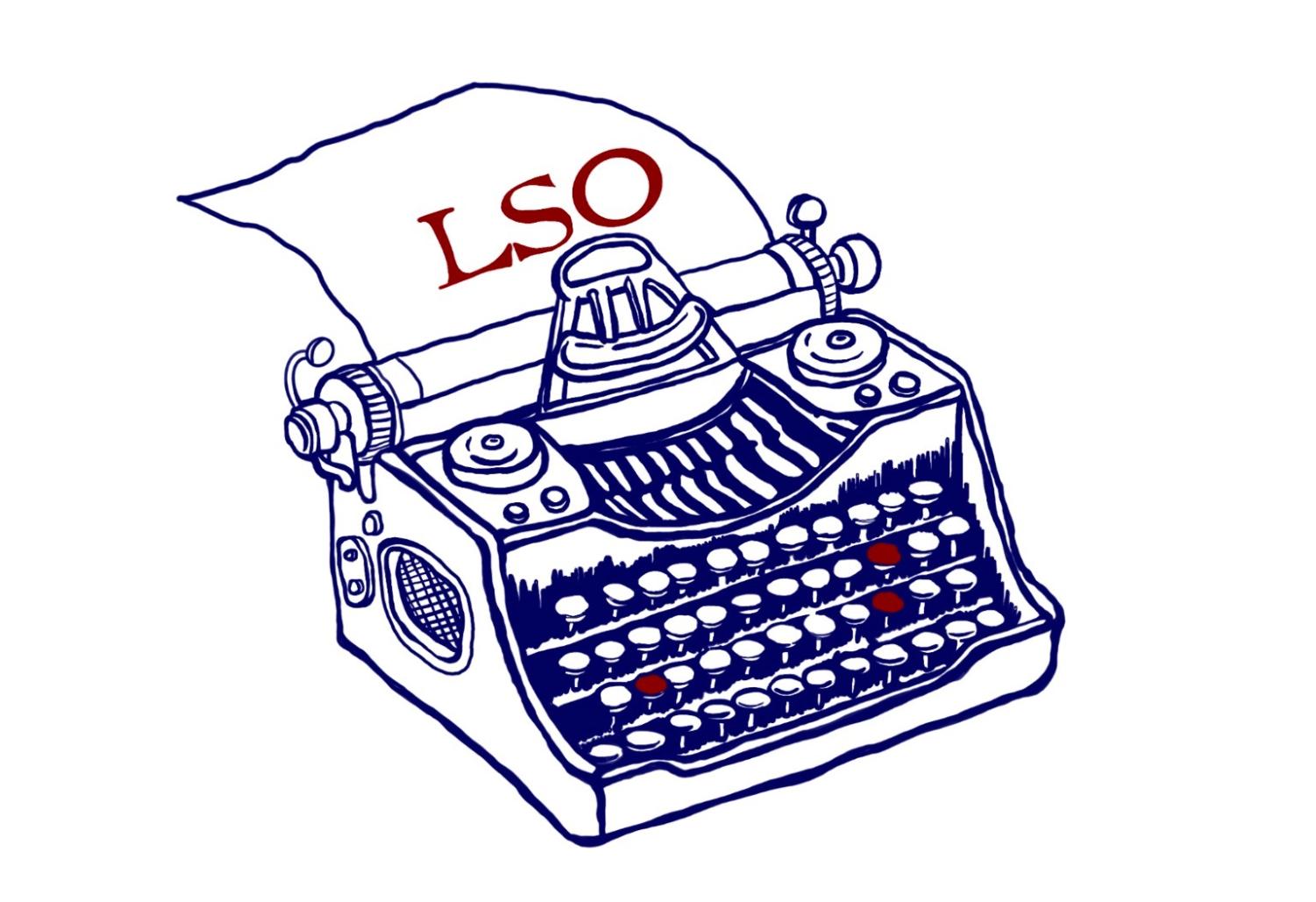Remember Rock Band? It doesn’t seem that long ago that plastic guitars and cumbersome drumpads were stuffed unceremoniously into the corners of living rooms everywhere. For a good long while, the music game was one of the unstoppable juggernauts of the home entertainment experience. A party game for everyone. But then, just as quickly as they had taken over, they slunk back into the karaoke bars and bowling alleys from whence they came. What happened?
The easiest explanation is oversaturation. In less than a decade, there were five main Guitar Hero games, three Rock Bands, and scores of spinoffs in each franchise. Pretenders to the throne, like the ill-fated Powergig: Rise of the Six-String, emerged. Rocksmith came out, promising the masses who shredded away on five colored buttons a way to learn the real thing. Simply put, the market was flooded with music games, just as everyone was getting sick of them.
For five years, all was quiet Activision, the publishers of Guitar Hero, moved on to greener pastures. Rock Band‘s Harmonix did…something. But then, in the last year, a comeback was mounted.
Earlier this year, Harmonix announced Rock Band 4. Better yet, they announced that they had found a way to make all your old instruments from the last console generation work with the new systems, as well as transfer all your old downloaded songs. For music game fans, the genre that had lain dormant was springing into a new, glorious Age of Enlightenment.
And then Activision showed up.
Like an unwanted hanger-on, Activision moved forward with Guitar Hero Live, the latest entry in the franchise that started it all. Immediately, the difference between the two new games was palpable: the very first trailer for Guitar Hero Live showed that the series was doing away with the goofy, charmingly cartoony visuals of the past. Instead, the game will be in live action, while players perform along to a prerecorded video. For the first time, you, too, can be Fall Out Boy! To any rational individual, the prospect of a live-action FMV Guitar Hero is unabashed lunacy, but somehow, someone at Activision came up with this idea and implemented it. Go figure.
Compounding this is the recent news of Activision’s new DLC strategy for their latest release. Rather than, say, offering songs to purchase and add to your game like music games have been doing since forever, playing select songs requires the use of an in-game currency called Plays. Plays can be earned by playing through songs in the curated “GHTV” playlist rotation of tracks, or you can buy a 10-pack for $2.50. In layman’s terms, this can be explained thusly: after buying the game and the required (read: there is ZERO backwards compatibility for old Guitar Hero instruments, so you’re stuck springing for the $250 bundle to play this game.) instruments, you still can’t play the songs you want, when you want. You can’t even own them.
Quite simply, Activision seems dedicated to sinking this reboot into microtransaction hell, reestablishing the sour taste they left five years ago. At this rate, the music game comeback is a dubious prospect. At the very least, stick with Rock Band.


